John Rawls: A Comprehensive Analysis
Life Sketch
John Rawls (1921–2002) was an American political philosopher best known for his work on justice and liberal political theory. He studied at Princeton University and later taught at Harvard, influencing modern political philosophy profoundly. His most significant work, A Theory of Justice (1971), introduced concepts that reshaped discussions on justice, fairness, and democracy.
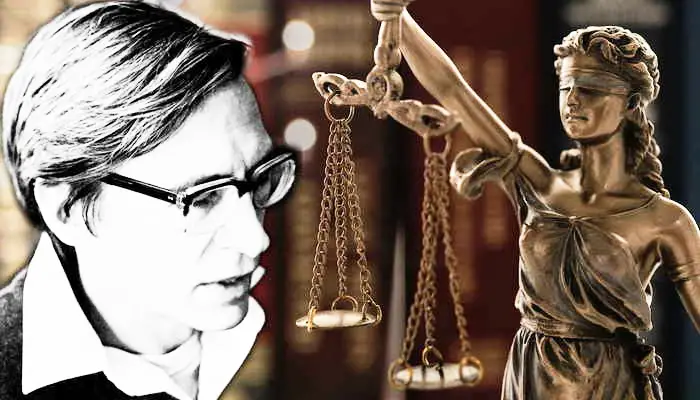
Major Works
- A Theory of Justice (1971) – His seminal work introducing “justice as fairness.”
- Political Liberalism (1993) – Addressing how diverse societies can maintain stability.
- The Law of Peoples (1999) – Extending his ideas of justice to international relations.
Key Ideas
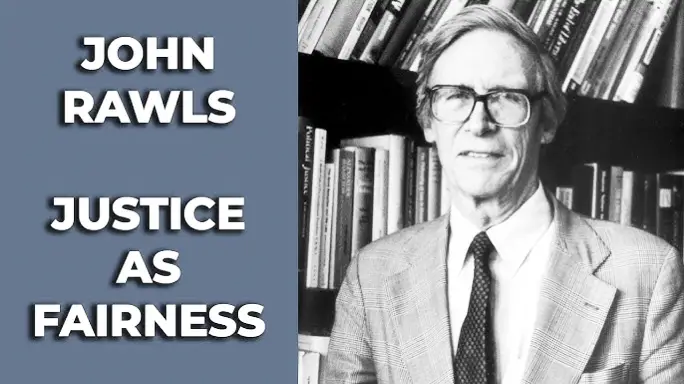
Justice as Fairness
Rawls argued that justice should be understood as fairness, ensuring equal opportunities and equitable distribution of resources within society.
The Original Position and Veil of Ignorance
Rawls developed the “original position” as a thought experiment in which rational individuals decide the principles of justice behind a “veil of ignorance.” This means they do not know their social status, class, or abilities, ensuring impartiality in their choices.
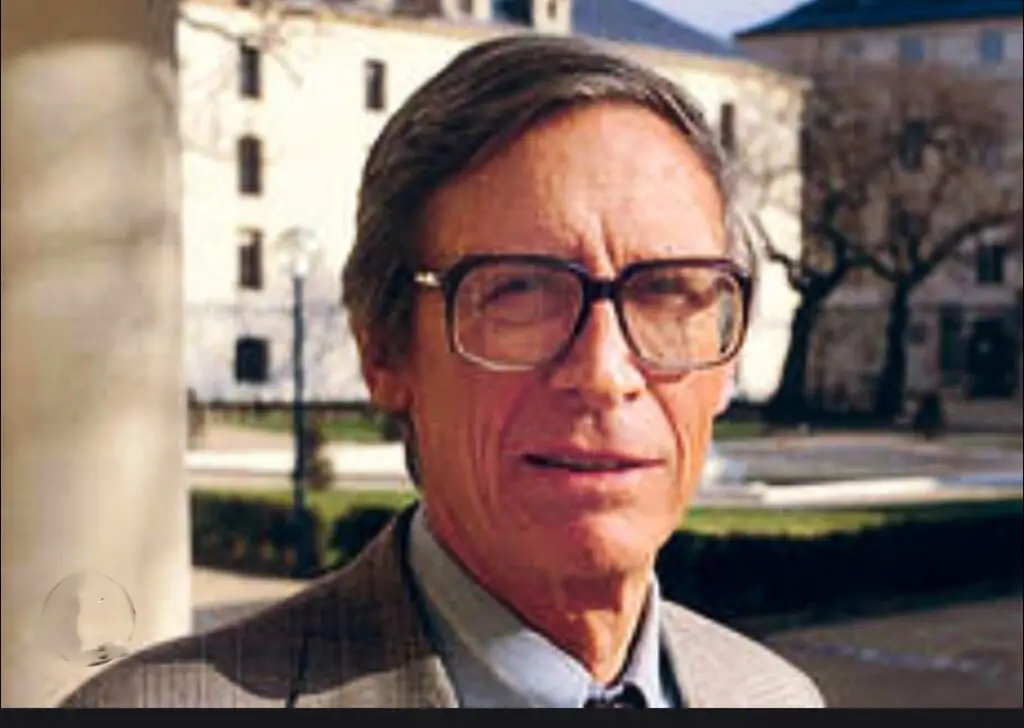
Two Principles of Justice
Rawls proposed two key principles:
1. Basic Liberties
- Each person has an equal right to fundamental liberties (e.g., freedom of speech, religion, political participation).
2. Social and Economic Inequalities
- Inequalities must satisfy two conditions:
- Fair Equality of Opportunity – Everyone should have equal access to positions of advantage.
- The Difference Principle – Inequalities are permissible only if they benefit the least advantaged members of society.
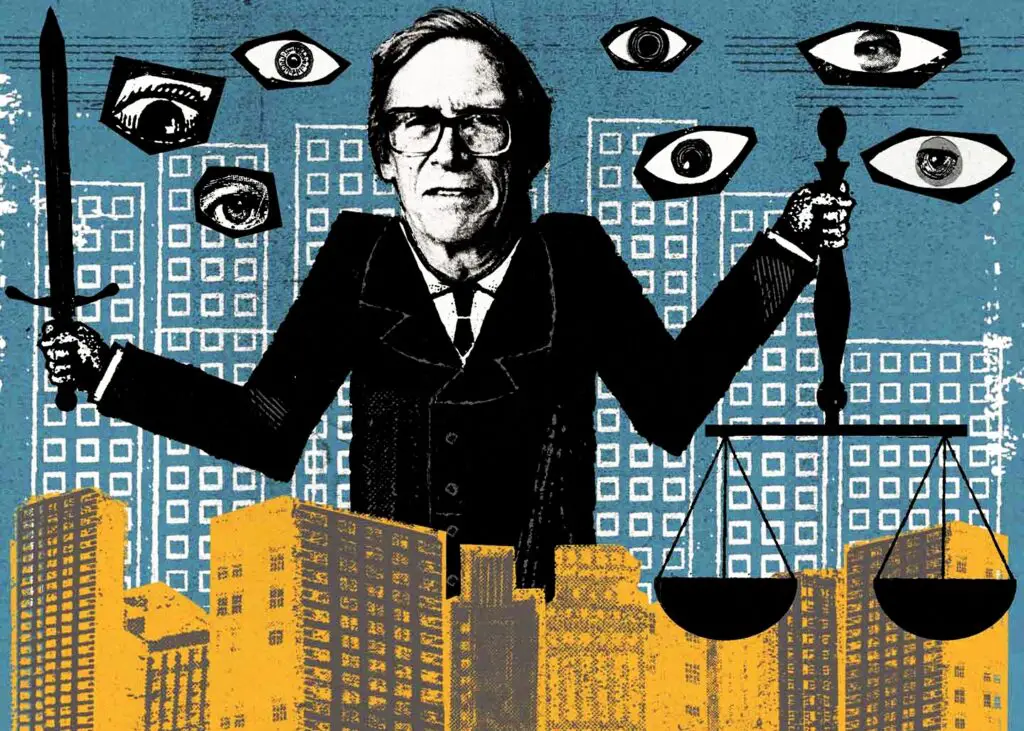
Critiques of Utilitarianism
Rawls criticized utilitarianism for sacrificing individual rights for overall social welfare. He argued that justice should prioritize individual freedoms rather than maximizing total happiness.
Priority of Rights Over Utility
Rawls maintained that basic rights and liberties should not be compromised for economic or social gains. This contrasted with utilitarian views that allowed rights to be overridden for the greater good.
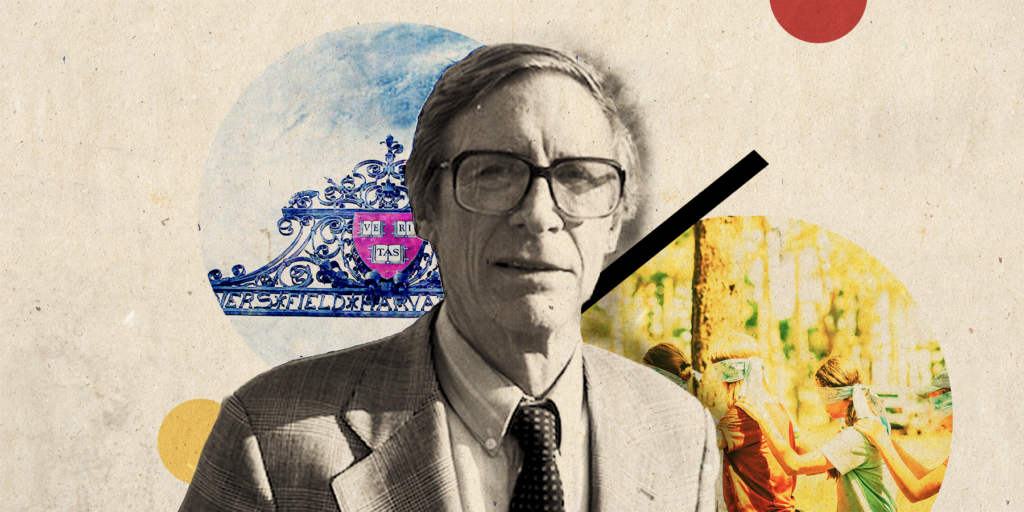
Criticism of John Rawls
While influential, Rawls’ theory faced criticisms:
- Libertarian Critique (Robert Nozick) – Argues that Rawls’ redistribution violates personal freedoms.
- Communitarian Critique (Michael Sandel) – Claims Rawls neglects the role of community and culture.
- Feminist Critique – Suggests Rawls does not fully address gender inequalities.
Conclusion
John Rawls’ theories remain foundational in modern political philosophy, shaping debates on justice, democracy, and equality. His work continues to influence contemporary discussions on rights, fairness, and the structure of just societies.

